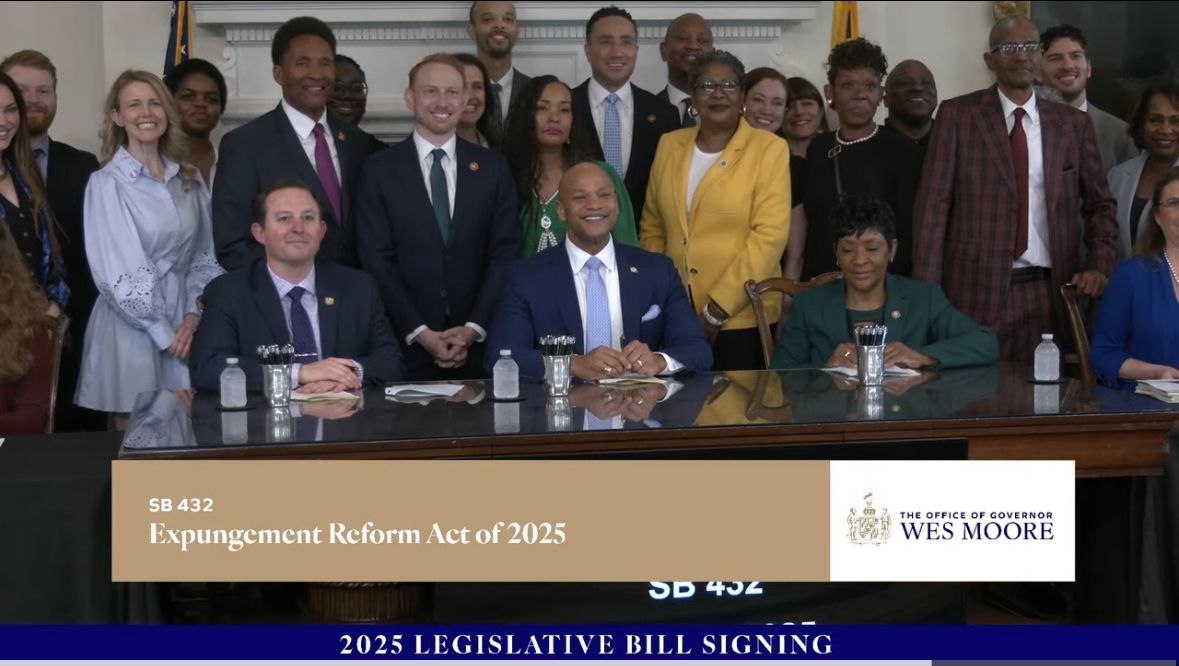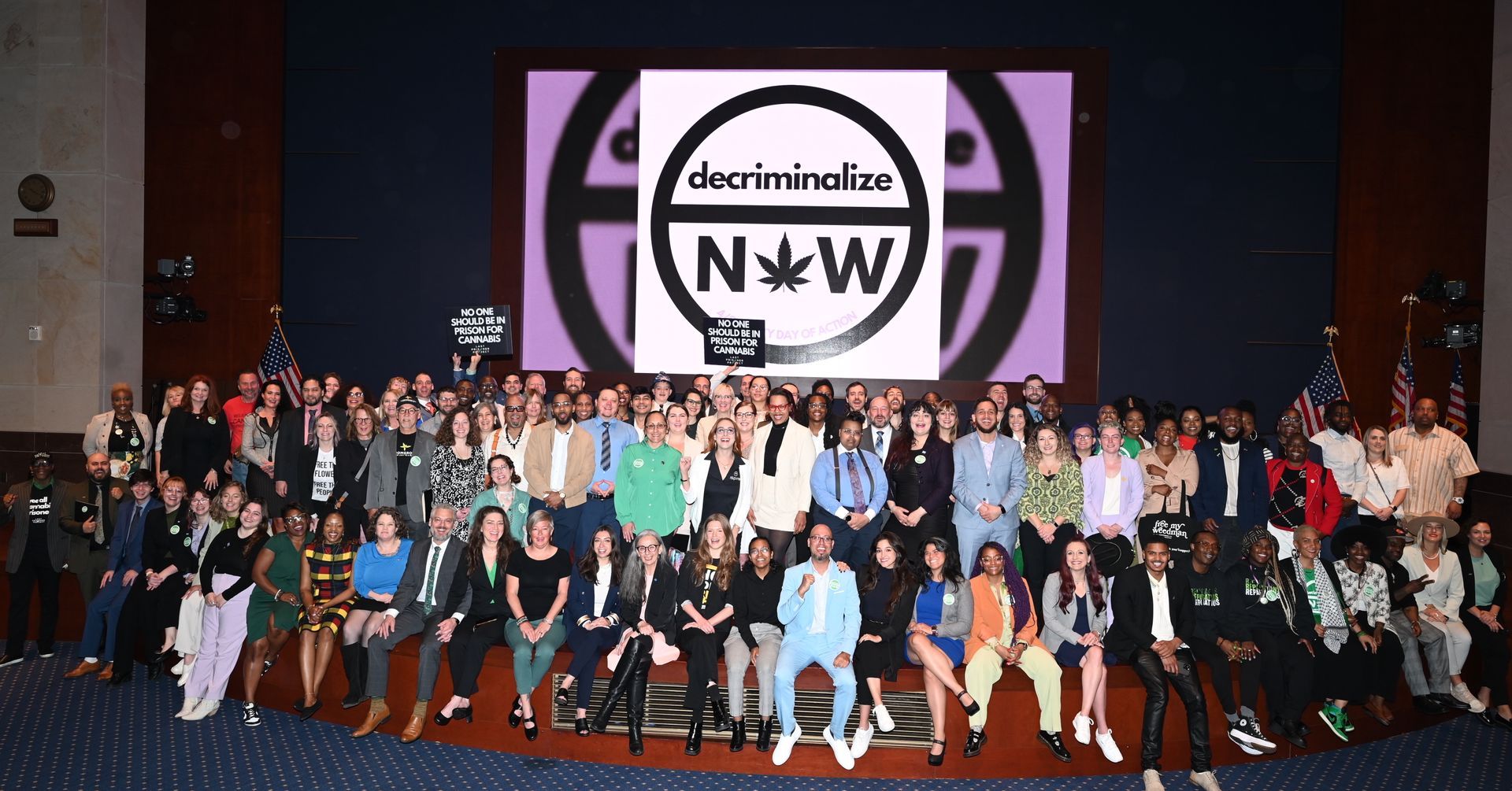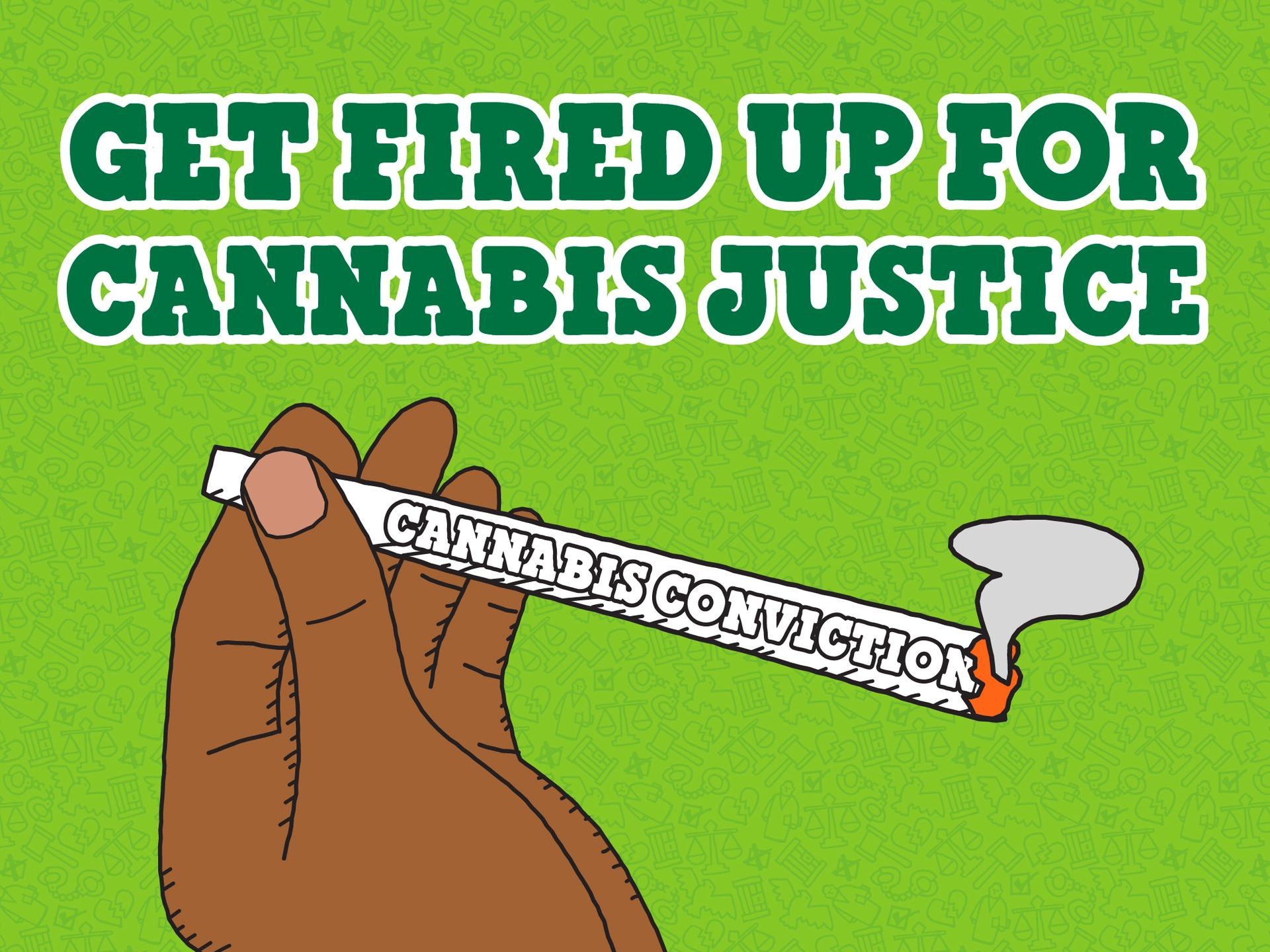LPP Recaps Progress of State & Federal Cannabis Legislation in 2023
Last Prisoner Project’s (LPP) policy team had a busy year working within multiple states to pass legislation that would allow individuals, who have been criminalized by cannabis prohibition, to have their criminal sentences modified and their criminal records cleared. The policy team provided recommendations to legislators in Hawai’i, Delaware, Minnesota, Ohio, Maine, New Hampshire, and Maryland on how to effectively provide retroactive relief for those criminalized during prohibition once adult-use cannabis has been legalized.
LPP also worked in states that have already legalized adult-use cannabis (i.e. Connecticut, California, New Jersey, Virginia and New Mexico) to provide feedback on how those states can address critical gaps in their record clearance and resentencing processes for those with cannabis convictions. In an effort to better understand the national landscape of cannabis justice and expand our work, LPP’s policy team conducted a national assessment of cannabis policy in our newly released State of Cannabis Justice Report.
High-Level State Updates for 2023:
- Delaware
- Delaware became the 22nd state to legalize adult-use cannabis on April 21st.
- While Delaware legalized cannabis and a cannabis-specific record clearance process, neither of these policies have been implemented yet, making it difficult to evaluate their impact.
- Minnesota
- Minnesota became the 23rd state to legalize adult-use cannabis after they passed House File (HF) 100 this past May.
- The new law creates state-initiated record clearance and resentencing processes for those criminalized during prohibition but both policies require reviews by a specially appointed board that are likely to be arduous and are already proving to be delayed.
- Ohio
- 57% of Ohio residents voted to approve Issue 2 in November, making Ohio the 24th state to legalize adult-use cannabis.
- Despite the legalization of adult-use sales through Issue 2, the absence of automatic resentencing and record clearance provisions leaves a critical gap in redressing past injustices.
- Maryland
- The legalization of adult-use cannabis came into effect this year in Maryland.
- Maryland’s legalization measure outlined a state-initiated record clearance process as well as a broad resentencing process but the state has struggled with implementing both policies, making actual relief difficult to evaluate.
- Kentucky
- Kentucky became the 38th state to allow for medical use.
- The bill that legalized medical cannabis did not include criminal justice provisions that would create record clearance or resentencing processes for those criminalized by cannabis prohibition.
- Others States that Failed to Legalize
- In March of 2023 Oklahoma voters rejected State Question 820, which would have legalized adult-use cannabis, as well as provide both petitioner-initiated resentencing and record clearance.
- Alaska, Arizona, California, Colorado, Nevada and Oregon also saw legalization ballot measures fail before being adopted in later votes.
Legislation Where LPP Provided In-depth Technical Assistance in 2023:
- Connecticut
- HB 6787, Sentence Modification for Cannabis-related Offenses
- Although HB 6787 did not pass last year, LPP’s advocacy on the bill helped ensure that any eligible pending cannabis charges were dropped. Connecticut Chief State's Attorney, Patrick J. Griffin, disclosed that the State’s Attorneys voluntarily and diligently worked to dismiss over 1,500 pending cannabis-related criminal cases across the state.
- Minnesota
- HF 100, Omnibus Adult-use Cannabis Bill
- Minnesota’s legalization bill includes provisions to provide state-initiated record clearance and sentence modification.
- LPP provided recommendations to create oversight and reporting requirements to ensure the record clearance and resentencing provisions are implemented with fidelity.
- New Mexico
- HB 314
- New Mexico law provides broad eligibility for individuals with cannabis criminal convictions to have their criminal records cleared and have their criminal sentence reduced or eliminated.
- LPP worked to prevent rollback legislation and fought to maintain eligibility for individuals with a combination of cannabis-and-non-cannabis charges for sentence modification.
- New Jersey
- Provided recommendations and feedback to the Clean Slate Task Force regarding record clearance provisions for cannabis offenses.
- Worked to ensure the state reported data on its efforts related to cannabis record clearance and resentencing.
- Hawai’i
- HCR 51
- The Last Prisoner Project was directly named in a resolution passed by the House to provide technical assistance to Governor Green’s Office in implementing a cannabis clemency program.
- California
- AB 1706
- Ongoing implementation support and monitoring of the LPP-sponsored bill intended to ensure California’s commitment to record clearance and sentence modification for cannabis-related convictions.
- Virginia
- SB 391
- Although the bill’s primary aim was to create a legally regulated marketplace for cannabis, the bill also included provisions crafted by LPP to implement sentence modification for cannabis-related offenses.
Federal Legislation in 2023
The Harnessing Opportunities by Pursuing Expungement (HOPE) Act is bipartisan bill aims to help states with expunging cannabis offenses by reducing the financial and administrative burden of such efforts through federal grants. We are proud to endorse the HOPE Act and are grateful to Rep. Joyce and Rep. Ocasio-Cortez for re-introducing this bill. We look forward to continuing to work with their offices to get it passed.
The Marijuana Opportunity, Reinvestment and Expungement (MORE) Act—a comprehensive bill that prioritizes legalization as well as justice reform and social equity—was refiled for a third time. If passed, it would deschedule cannabis by removing it from the Controlled Substances Act, create a process for expungements for non-violent federal cannabis convictions, and ensure that no individual would be denied federal benefits based solely on the use or possession of cannabis or past juvenile conviction for a cannabis offense.
The Cannabis Users’ Restoration of Eligibility (CURE) Act would prevent the denial of federal employment or security clearances based on a candidate’s past cannabis use. While it is vital these barriers to federal employment be removed, Congress should be going further by guaranteeing that ALL criminal record convictions are cleared instead of merely ignored. This would ensure no one suffers from the collateral consequences of a cannabis conviction.
STATES Reform Act 2.0 was reintroduced would end federal cannabis prohibition, at the same time that it sought to incorporate certain equity provisions such as expungements for people with non-violent cannabis convictions and imposing an excise tax, revenue from which would have supported community reinvestment, law enforcement and Small Business Administration (SBA) activities.
Politicians on both sides of the aisle are open to attaching other pieces of legislation like the SAFER banking bill expungement provisions from the HOPE Act, which would assist states in automatically clearing low-level cannabis records. This has yet to materialize into a passed bill. LPP is working to ensure any cannabis legislation that is passed includes language that addresses the need for criminal justice reform.






